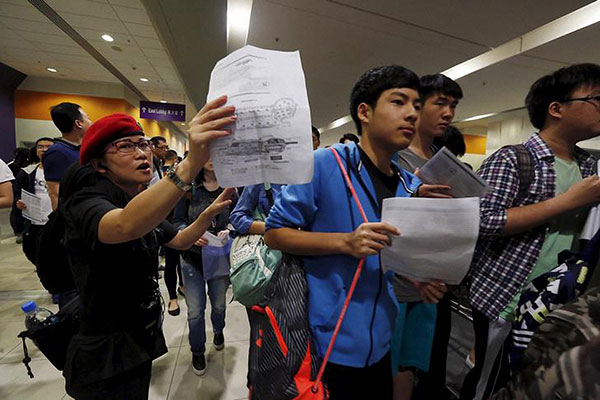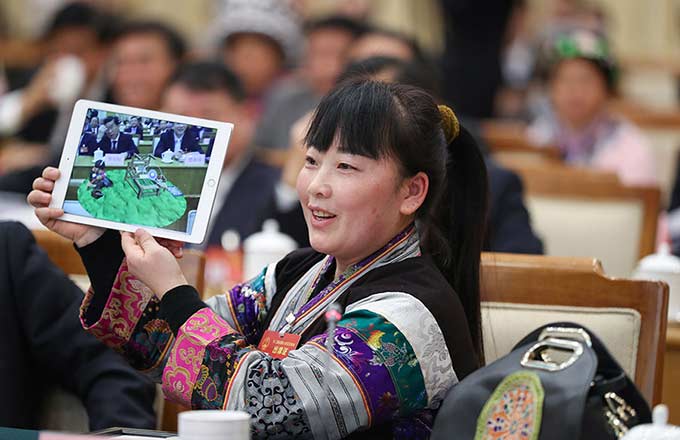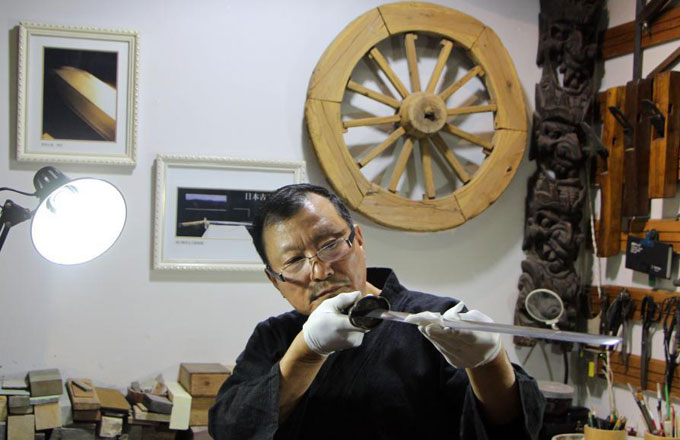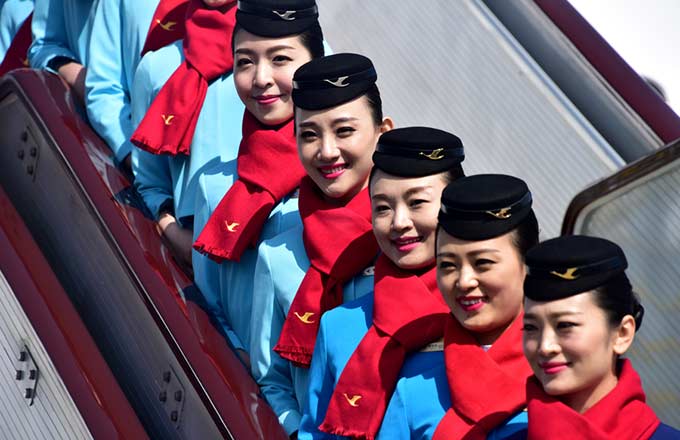Number of SATs held outside US to be cut
 |
|
Students enter a hall to sit SAT examinations in Hong Kong.[Bobby Yip/Reuters] |
A cut in the number of times students will be able to take the Scholastic Assessment Test-which is used for entry to United States colleges-throughout the year will force many Chinese students to revise their strategies for studying abroad, according to people involved in testing services.
The College Board, based in New York City, announced it will reduce how many SATs are held outside the US from six to four-in March, May, October and December-for the 2017-18 and 2018-19 academic years. Two tests, scheduled for June and November, will be canceled, it said.
The board said that it will also step up security audits of testing centers.
Qi Lianshan, who has worked for several SAT prep services over the past decade and is now a self-employed SAT tutor in Beijing, said the decision could affect those who had planned to take the test in June the most.
June is an ideal time for students to take the SAT because they usually start submitting applications for undergraduate programs in the second half of the year. In May, they are still busy taking Advanced Placement tests, also administered by the College Board.
"Now the students may have to take both AP tests and the SAT in May, which means a lot more pressure and less possibility of achieving a high score," he said, adding that students who plan to take the SAT next year should modify their preparations to secure a good result.
Si Mingxia, director of the US division at Vision Overseas, an agency under New Oriental Education and Technology Group that helps Chinese study overseas, said the move by the College Board could be a step to thwart rampant cheating and unfair competition.
Its chief administrative officer and general counsel, Peter Schwartz, said in a statement last week, "We are unwavering in our commitment to SAT test security and we will continue to confront any efforts to undermine it."
In 2015, prosecutors in Pittsburgh and Philadelphia charged 15 Chinese citizens over a conspiracy to have impostors take the SAT and other college entrance exams for other students for payment of up to $6,000. Most of the defendants pleaded guilty and were deported.


















